How the climate crisis is ‘increasing violence against women’
Landmark study finds that environmental degradation is fuelling gender-based abuse

A free daily email with the biggest news stories of the day – and the best features from TheWeek.com
You are now subscribed
Your newsletter sign-up was successful
The environmental crisis is driving gender-based abuses including sexual assault, domestic violence and forced prostitution, according to a major report.
A two-year study by the International Union for the Conservation of Nature (IUCN) found “clear evidence to suggest that climate change is increasing gender-based violence”, say the researchers.
Campaigners are now calling on governments to put “women and girls... at the heart of any viable strategies on the climate and ecology”, The Guardian reports.
The Week
Escape your echo chamber. Get the facts behind the news, plus analysis from multiple perspectives.

Sign up for The Week's Free Newsletters
From our morning news briefing to a weekly Good News Newsletter, get the best of The Week delivered directly to your inbox.
From our morning news briefing to a weekly Good News Newsletter, get the best of The Week delivered directly to your inbox.
What exactly did the study find?
In what is believed to be the most comprehensive study yet of its kind, the IUCN collated data from more than 1,000 sources relating to what the intergovernmental organisation describes as “the extensive direct links between environmental pressures and gender-based violence”, reports CNN.
Summarising their findings, lead report author Cate Owren said: “As environmental degradation and stress on ecosystems increases, that in turn creates scarcity and stress for people, and the evidence shows that, where environmental pressures increase, gender-based violence increases.”
The report notes that “national and customary laws, societal gender norms and traditional gender roles dictate who can access and control natural resources”, which often results in the “marginalisation of women compared to men”.
A free daily email with the biggest news stories of the day – and the best features from TheWeek.com
The researchers also surveyed hundreds of organisations worldwide, of which six in ten respondents reported gender-based violence among “female environmental rights defenders, environmental migrants and refugees”, as well as in areas where “environmental degradation was taking place”.
The many examples of such abuses uncovered by the study included fishermen in eastern and southern Africa who reportedly refused to sell fish to women if they did not engage in sex, according to The Guardian.
The Democratic Republic of Congo’s illegal logging and charcoal trade has also been linked to sexual exploitation, as have illegal mines in Colombia and Peru illegal mines.
“Globally, about 12 million more young girls are thought to have been married off after increasing natural disasters, and weather-related disasters have been shown to increase sexual trafficking by 20%-30%” the newspaper adds.
–––––––––––––––––––––––––––––––For a round-up of the most important stories from around the world - and a concise, refreshing and balanced take on the week’s news agenda - try The Week magazine. Start your trial subscription today –––––––––––––––––––––––––––––––
And the reaction?
Grethel Aguilar, acting director-general of the IUCN, said: “This study shows that the damage humanity is inflicting on nature is also fuelling violence against women around the world – a link that has so far been largely overlooked.”
Bob Ward, environmental policy director at the London School of Economics’ Grantham Research Institute, highlights the role that female campaigners such as Greta Thunberg are playing in bringing the world’s attention to the climate change crisis.
“The empowerment of women and girls and their protection from the direct and indirect consequences of climate change must lie at the heart of the just transition to zero-carbon and climate-resilient societies,” he said.
-
 The environmental cost of GLP-1s
The environmental cost of GLP-1sThe explainer Producing the drugs is a dirty process
-
 Greenland’s capital becomes ground zero for the country’s diplomatic straits
Greenland’s capital becomes ground zero for the country’s diplomatic straitsIN THE SPOTLIGHT A flurry of new consular activity in Nuuk shows how important Greenland has become to Europeans’ anxiety about American imperialism
-
 ‘This is something that happens all too often’
‘This is something that happens all too often’Instant Opinion Opinion, comment and editorials of the day
-
 Youth activists demand UN declare a climate emergency: 'We have had 26 COPs that have been failures'
Youth activists demand UN declare a climate emergency: 'We have had 26 COPs that have been failures'Speed Read
-
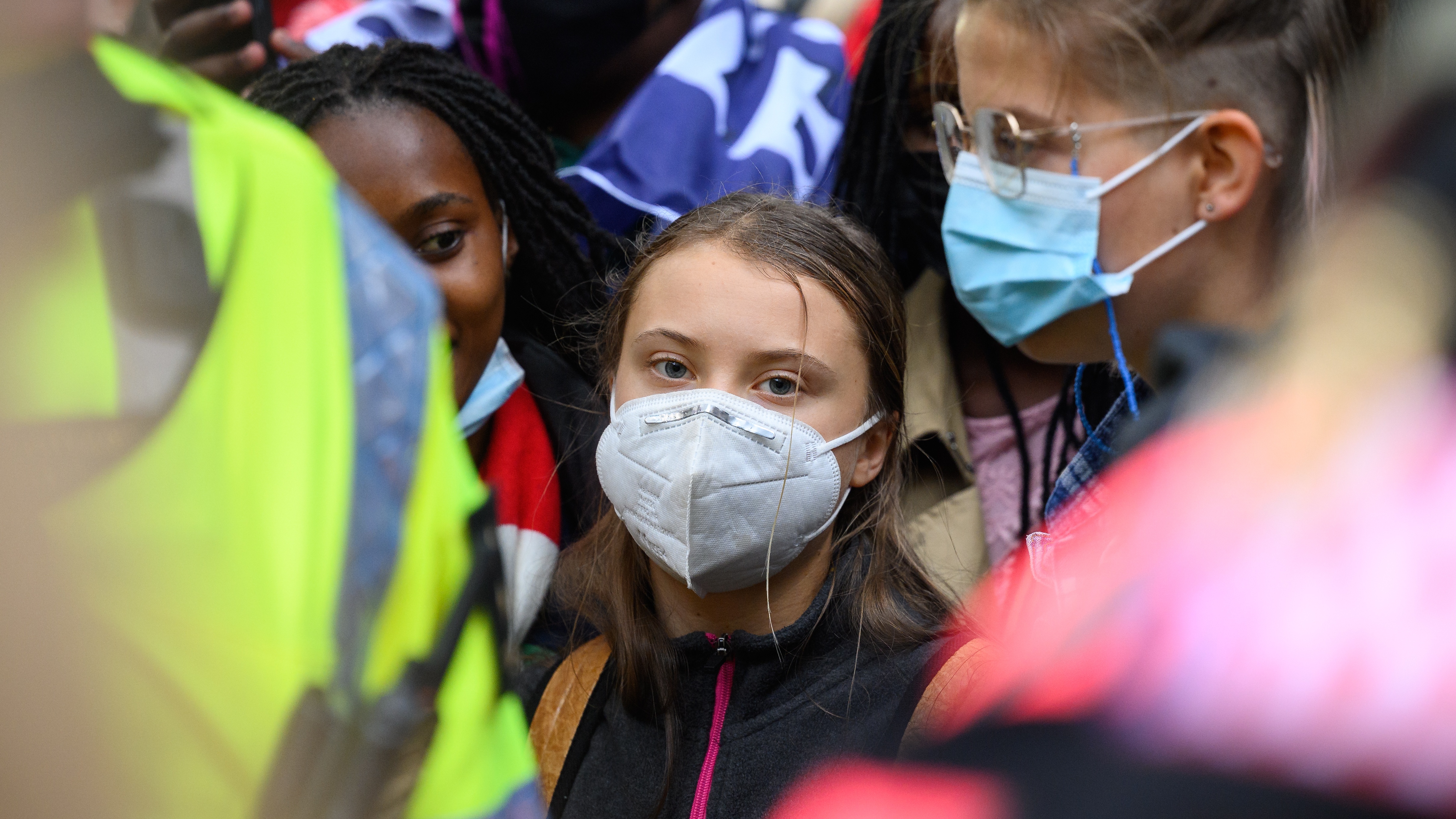 Greta Thunberg: five things you may not know about her
Greta Thunberg: five things you may not know about herIn the Spotlight Environmental activist calls for demonstrators to maintain ‘massive public pressure’ on politicians
-
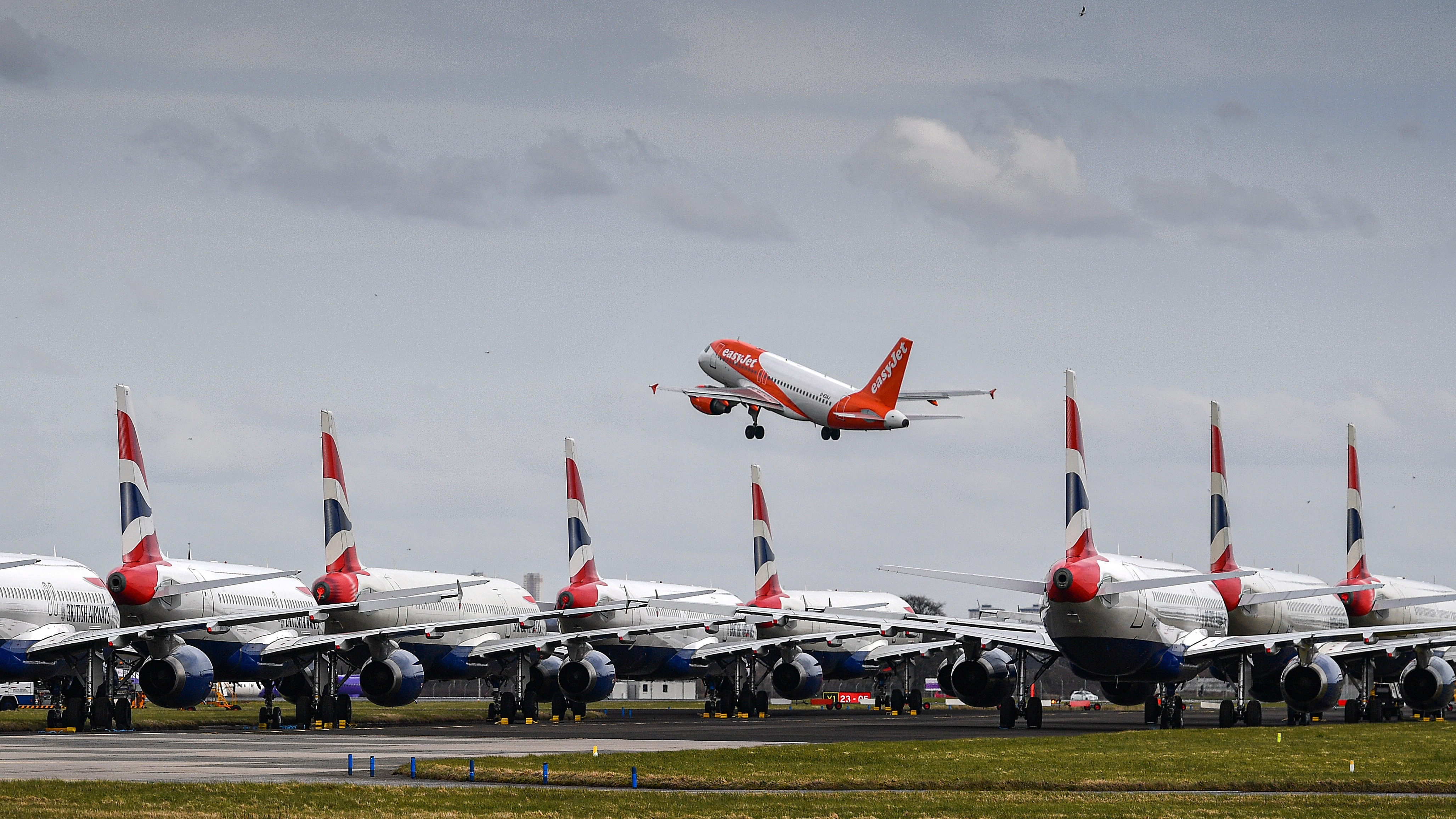 ‘Full of hot air’: climate experts exposed as academia’s most frequent flyers
‘Full of hot air’: climate experts exposed as academia’s most frequent flyersSpeed Read Study results trigger calls for environmentalists to ‘look in the mirror’
-
 What Greta Thunberg is doing in the UK this week
What Greta Thunberg is doing in the UK this weekIn Depth Teen climate crisis activist to lead march through Bristol
-
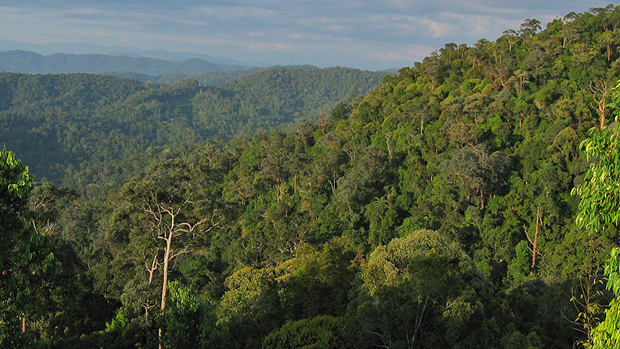 Could planting a trillion trees help counteract climate change?
Could planting a trillion trees help counteract climate change?Speed Read Donald Trump has backed the environmental initiative - but is it enough?
-
 Trump mocks Greta Thunberg less than 24 hours after Time names her person of the year
Trump mocks Greta Thunberg less than 24 hours after Time names her person of the yearSpeed Read
-
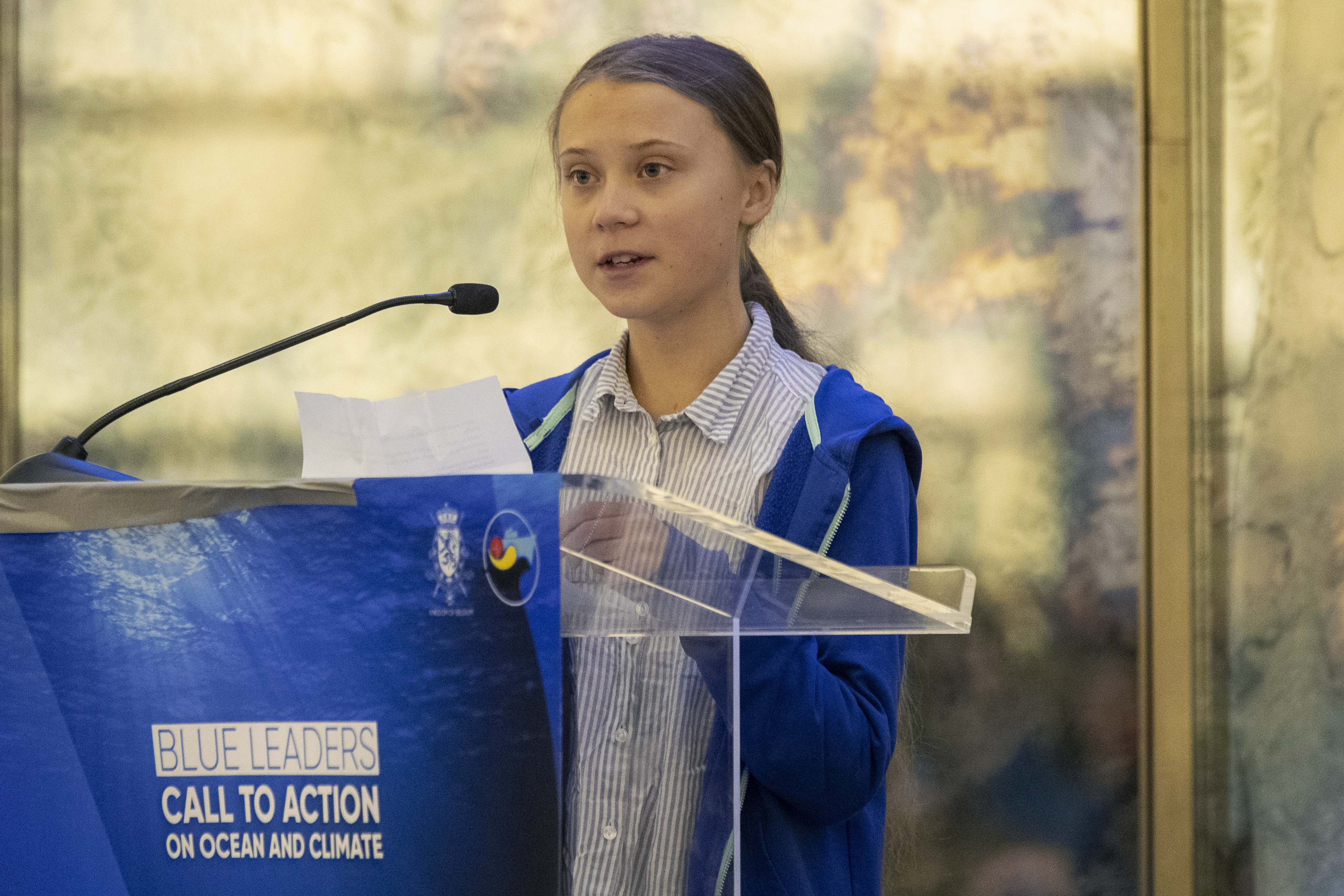 Greta Thunberg's confrontational style got her a Nobel nomination. It might also cost her the win.
Greta Thunberg's confrontational style got her a Nobel nomination. It might also cost her the win.Speed Read
-
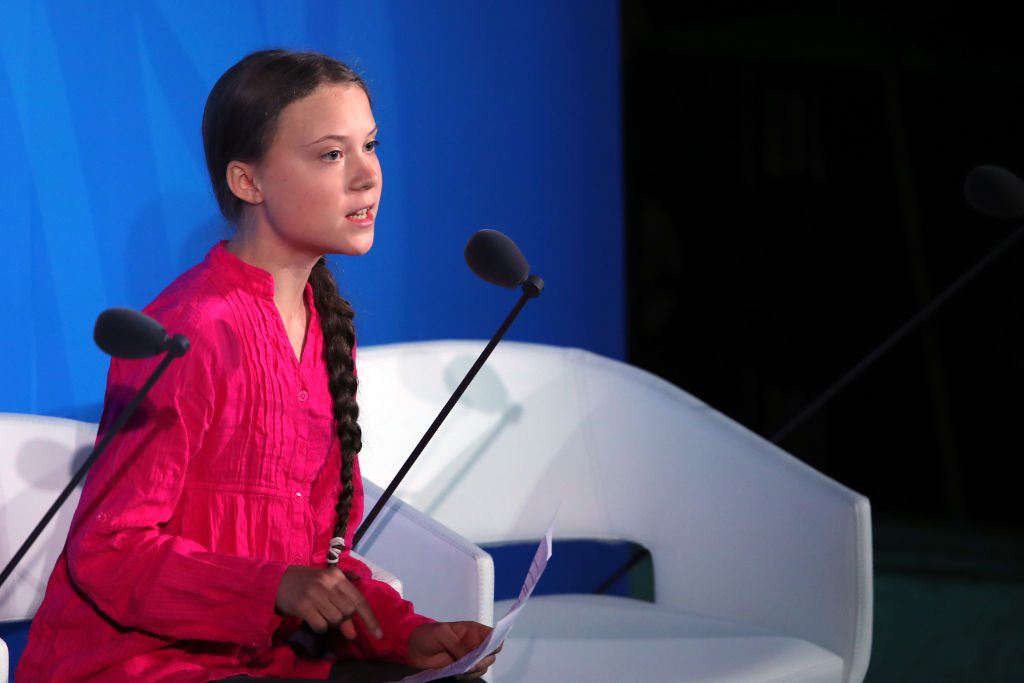 Greta Thunberg embraces Trump's attempt to mock her
Greta Thunberg embraces Trump's attempt to mock herSpeed Read